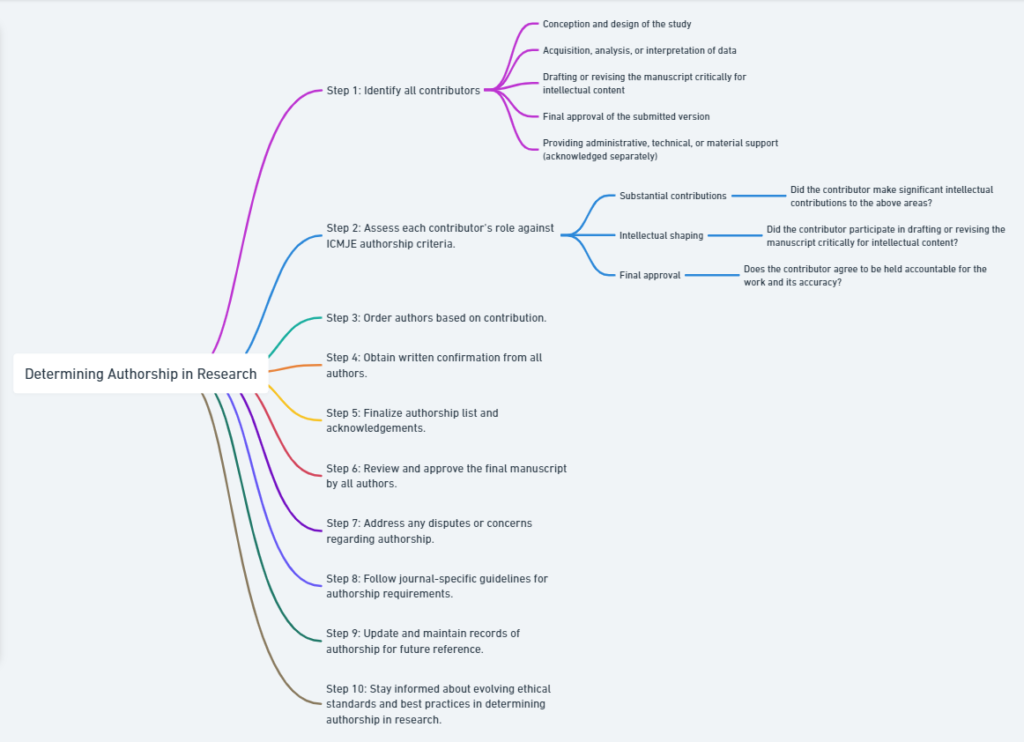Openventio is committed to maintaining the highest standards of scientific integrity and publication ethics. This policy outlines procedures for retraction, correction, and withdrawal of published articles.
Retraction
Retraction is reserved for serious cases of research misconduct (e.g., falsification, fabrication, plagiarism) or major errors that compromise the article’s scientific integrity. Retraction decisions require agreement from all authors, their institution(s), and any relevant funding agencies. In exceptional cases where authors disagree, the editor may, in consultation with relevant parties, initiate a retraction process and disclose the reasons for disagreement by publishing an expression of concern.
Retraction Process
We act decisively to address concerns about published articles through a transparent and efficient process:
1. Identification and Author Notification
- Concerns are identified by authors, reviewers, editors, or readers and investigated thoroughly.
- Authors are promptly informed of potential retraction.
2. Author Collaboration and Notice
- In ideal scenarios, authors agree to retraction and submit a signed notice detailing specific reasons.
- However, if an author disagrees or remains uncontactable, the Editor-in-Chief or the handling Editor will, after diligent consultation with relevant bodies, initiate the retraction process and publish an Expression of Concern to the public. This ensures responsible action and public transparency.
3. Visibility and Accessibility
- The original article is prominently marked as “Retracted” online and in PDFs.
- A clear retraction notice is published, including:
Title: “Retraction: [Original Article Title]”
Reasons for retraction
Impact (if applicable)
Contact information
4. Maintaining Records and Informing Databases
- Indexing services are notified to ensure database updates.
- A complete record of the retraction notice and documentation is publicly accessible on our website.
5. Transparency and Communication
- The retraction is acknowledged publicly on our website.
- Open communication is maintained with authors and readers.
Our unwavering commitment to research integrity guides our actions, ensuring accuracy and trustworthiness in the scientific record.
Corrections
Corrigenda or errata will be published in the journal issue following the discovery of minor errors (eg, doi: 10.17140/GOROJ-9-160). Authors should promptly notify the editorial office of any such errors identified after publication.
Retraction vs. Correction
- Retractions are reserved for serious issues that fundamentally undermine the validity or integrity of a published article, such as data fabrication, plagiarism, or ethical breaches. They essentially withdraw the article from the scientific record.
- Corrections are used for less serious issues that do not fundamentally alter the overall conclusions of the article. They maintain the article’s presence but address specific errors or omissions. Common types of corrections include errata (for minor errors) and corrigenda (for more significant errors).
- Additional publications, such as letters to the editor or follow-up studies, can also be used to address limitations or provide further context, but they do not directly modify the original article.
Withdrawal Policies
Free Withdrawal: Authors can withdraw their manuscripts free of charge within the first 24 hours after submission. This allows for immediate retraction in case of impulsive submissions.
Reduced Fee Withdrawal: If authors withdraw their manuscript between 24 and 48 hours after submission, a reduced withdrawal fee of USD 75 will be applicable. This covers the initial administrative handling and preliminary screening.
Standard Fee Withdrawal: If authors withdraw their manuscript after 48 hours of submission but before any review process begins (including initial pre-quality assessment), a withdrawal fee of USD 179 will be charged. This reflects the effort invested in handling and pre-assessing the manuscript.
After Review, Before Acceptance: If authors withdraw their manuscript after receiving review feedback, but before it is accepted for publication, a withdrawal fee of 50-75% of the agreed Article Processing Charge (APC) will be charged. This reflects the significant editorial effort invested in the peer review process.
After Acceptance: Once an article is accepted for publication, withdrawal is not possible. Authors can address any concerns through corrections or retractions as necessary.
Article Processing Charges (APCs)
APCs paid for accepted and published articles are non-refundable, even in cases of retraction.



